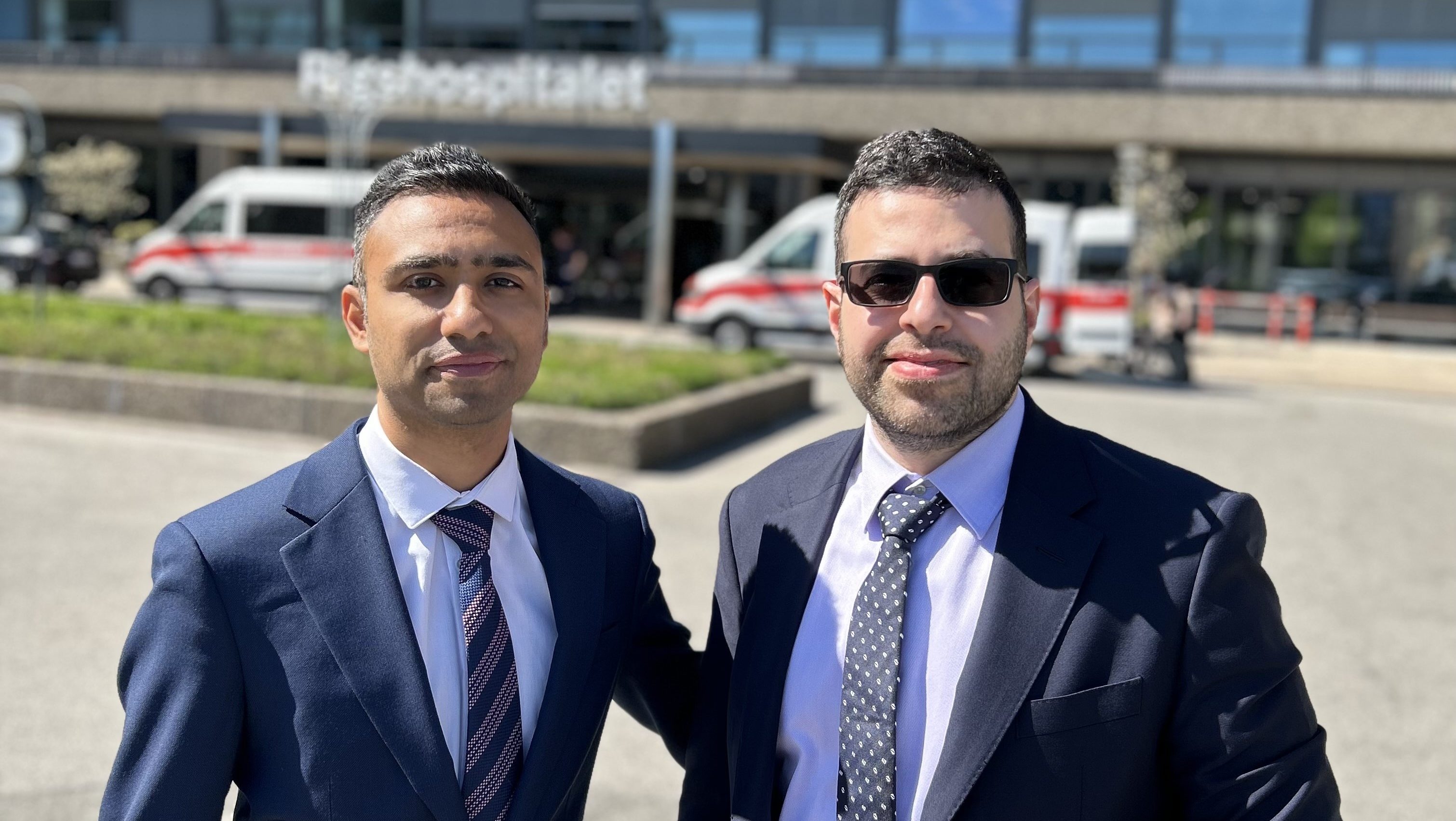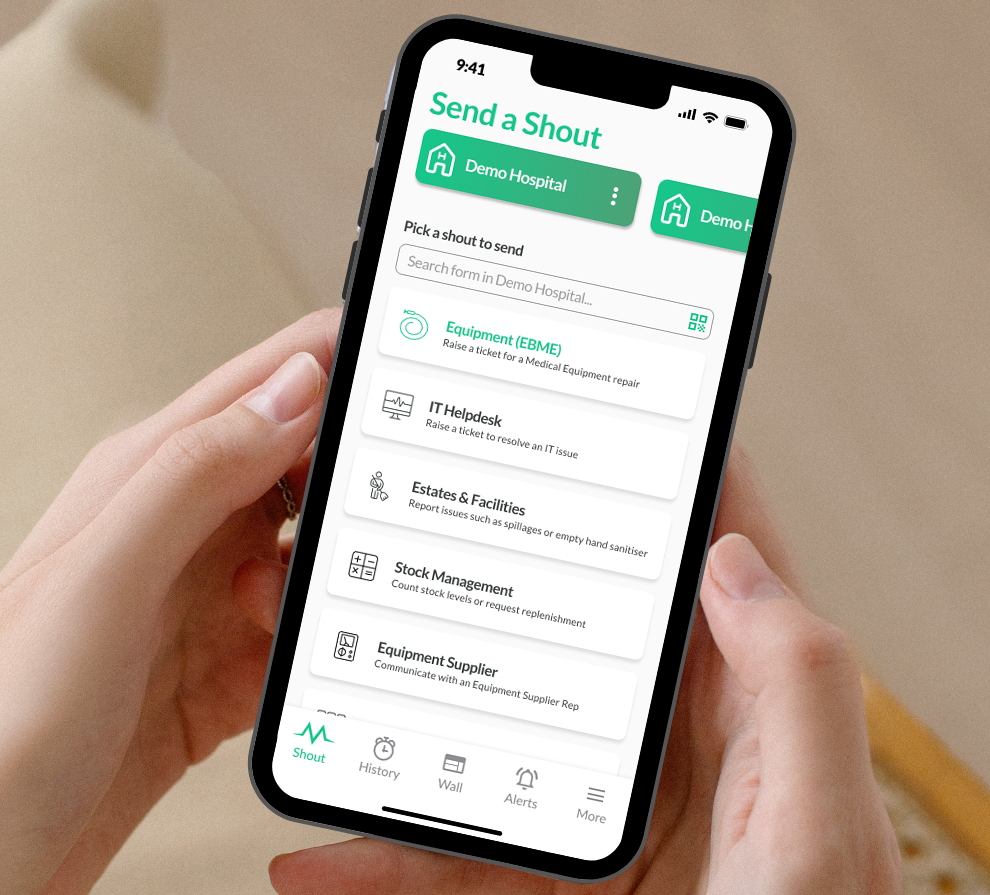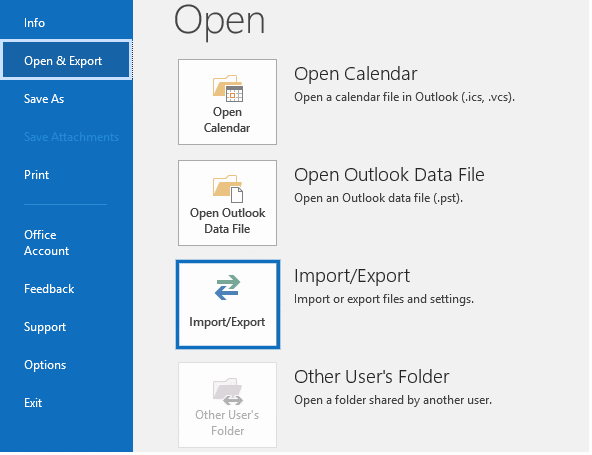The U.K.’s floundering National Health Service (NHS) is not in the best of shapes by just about any estimation, the victim of chronic underfunding and understaffing that has led to excruciatingly long waiting times and health care professionals striking en masse.
But in the midst of chaos, opportunity often lingers. A growing number of startups are capitalizing on the U.K.’s struggling health care system, raising money for platforms that provide access to private medical imaging services, or go some way toward solving staffing shortages.
And then there’s MediShout, a London-based company that proclaims to be a “one stop app” for reporting operational deficiencies in hospitals, allowing staff to track status updates and new orders similar to how one might do with their Uber ride or Amazon order.
Founded by Dr. Ash Kalraiya back in 2013, MediShout unifies all helpdesks and medical suppliers within a single app. It began as a side-project as Kalraiya continued his role as a full-time orthopaedic surgeon, however Kalraiya brought in doctor Ali Bahsoun as co-founder and chief product officer (CPO) in 2020 to kickstart MediShout as a full-time business. The startup went on to raise £167,000 ($211,000) in angel funding, before closing a £1 million ($1.25 million) pre-seed round of funding from Episode 1 in September, 2020.
Kalraiya told TechCrunch that he expects MediShout to be profitable next year, and to spur its next phase of growth it has now raised a further £4.3 million ($5.4 million) in seed funding.

MediShout founders Ash (CEO) and Ali (CPO) Image Credits: MediShout
‘Like ordering on Amazon’
Under the hood, MediShout essentially aggregates suppliers, helpdesks, and operational departments, and seeks to supplant incumbent tools such as faxes, emails, paper forms, and helpdesk software (e.g. ServiceNow).
“As a surgeon on the frontline, I witnessed operational problems preventing best patient care daily,” Kalraiya said. “Patient care would routinely be delayed or cancelled due to preventable problems like faulty lightbulbs, broken printers, or missing equipment.”
At a time when health care providers are already under significant pressure, equipment failure is an extra burden they really don’t need. For example, a faulty endoscope can take up to nine hours to fix across multiple different members of staff, due in part to the workflows of multiple department and equipment suppliers. This may involve paperwork, phone calls, and countless logistical measures to arrange delivery and collection of the device. And this is all before we even consider unexpected hurdles and bottlenecks.
“The big issue is not only does staff time get wasted, but often (medical) procedures get cancelled as communication was too slow and devices don’t get returned fast enough,” Kalraiya said.
Kalraiya says that in this instance, MediShout can cut the amount of time in half to around 4.5 hours, with all the reports and updates filed digitally through an app and all relevant stakeholders notified automatically.
“The supplier sends back messages and status updates in real time which all hospital staff can see,” Kalraiya said. “No paperwork is required, and staff don’t have to call their supplier to chase up. This process is now like ordering on Amazon, where everything is digitized and data can be viewed in real time.”

Medishout app Image Credits: MediShout
The main problem that MediShout is looking to solve is that hospitals typically use hundreds of different systems from different suppliers, each with very different processes and approaches to communication — this spans facilities, porters, equipment, sterile services, IT, HR, and more.
“This makes healthcare ecosystems extremely complex and difficult for staff to navigate, so they can’t provide efficient care to patients,” Kalraiya said. “We solve this issue by providing the world’s first app which unifies all helpdesks, supplier and operational departments.”
MediShout’s biggest customers are medical device and facilities management companies, which pay MediShout via a monthly subscription to plug into its platform which then digitizes and bridges their services for hospitals, most of which are part of the NHS.
“One supplier is currently scaling us to more than 100 hospitals in the U.K. and abroad,” Kalraiya said. “We do also sell directly to hospitals, in particular the NHS.”
Kalraiya also said that it has some AI work currently in its R&D phase, which — when commercialized — could help predict when future issues may occur. For this, the company can look at, say, all the medical equipment data from hospitals, including details on equipment that has broken over the past 15 years.
“Based on usage and repair frequency we started to predict when equipment like ECG (electrocardiography) machines were likely to break down,” Kalraiya said. “You can then do planned maintenance to prevent breakdowns occurring.”
MediShout, which has 22 employees today, is currently operational in the U.K. and Ireland, though with its fresh cash injection it’s looking to expand further afield into mainland Europe.
“I’ve worked as a surgeon in many countries, and these [operational] problems exist everywhere,” Kalraiya added.
MediShoud’s seed round was led by Nickleby Capital, with participation from KHP Ventures, Episode1, and several individuals from Atomico’s Angels program.
MediShout wants to bring Amazon-like efficiency to hospital operations by Paul Sawers originally published on TechCrunch












